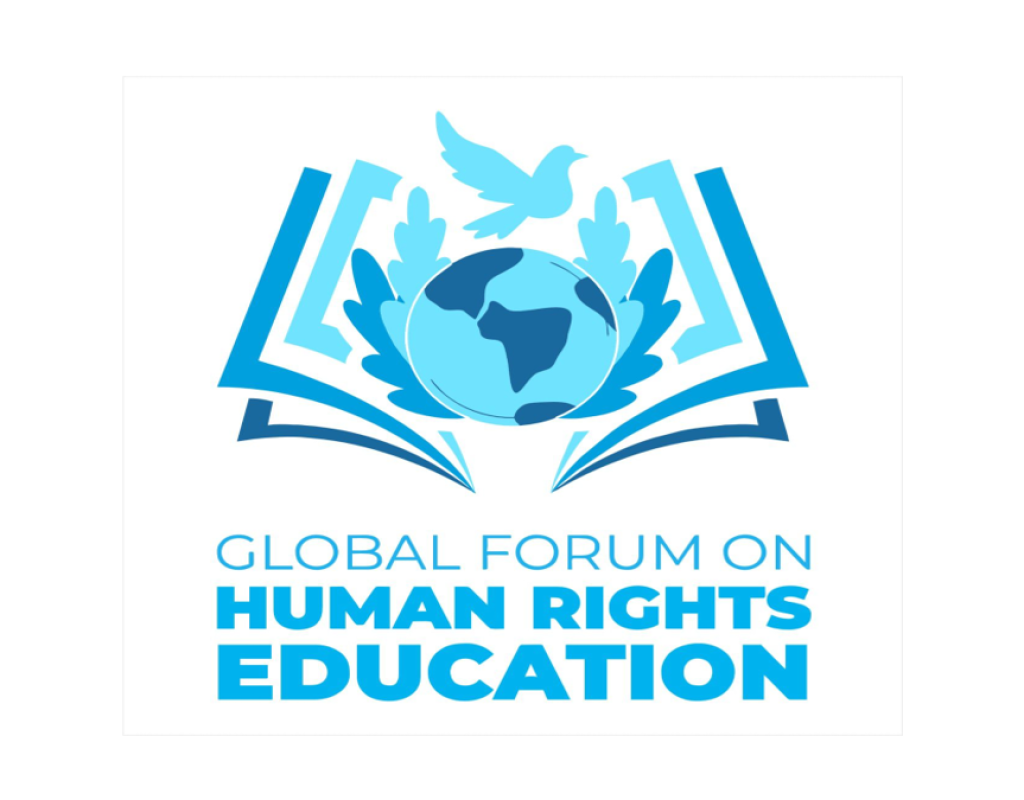
On December 5-6, 2022, Samarkand will host the Global Forum on Human Rights Education. It will be dedicated to the 10th anniversary of the adoption of the UN Declaration on Human Rights Education and Training, the National Human Rights Centre reports.
The initiative to hold this prestigious international conference was put forward by the President of the Republic of Uzbekistan Shavkat Mirziyoyev at the 46th session of the UN Human Rights Council.
Human rights education standards are included in many international instruments. In particular, in December 2011, the United Nations General Assembly adopted the UN Declaration on Human Rights Education and Training. The Declaration places responsibility on member states to provide education and training on human rights.
In the context of reforms related to the establishment of New Uzbekistan in our country, the principle that a “person, his/her rights, freedoms, especially his/her value is the most important value” is recognized. In this regard, the principle of “state-society-man”, which has been in effect for years, was changed to the principle of “human being-society-state” in the Development Strategy of New Uzbekistan.
As is known, the launch of the World Program for Human Rights Education was given on December 10, 2004, at the UN General Assembly. Coordination of the implementation of the World Education Program at the global level is entrusted to the Office of the UN High Commissioner for Human Rights.
The World Program for Human Rights Education is an ongoing initiative. To help this process reach all areas of life, countries must implement human rights education in primary and secondary schools, higher education institutions, teachers and activists, public service, law enforcement and the military, and the media.
The World Program is a useful tool to help strengthen the implementation of the UN Declaration on Human Rights Education at the national level.
The implementation of the Program covers several stages, which are carried out at the global and national levels.
The first stage (2005-2009) covered the integration of human rights education into the system of primary and secondary schools;
The second stage (2010-2014) was devoted to the integration of human rights education into the higher education system and the training of teachers and educators, civil society institutions and government agencies, law enforcement officers, military personnel in this field;
During the third stage (2015-2019), special attention was paid to training media representatives and opinion leaders in human rights, recognizing the important role of free, independent and impartial media in promoting justice, preventing discrimination, ensuring respect and freedom;
The fourth stage (2020-2024) focuses on educating young people in the spirit of equality, human rights and non-discrimination, and providing education to create an inclusive and peaceful society.
The Resolution of the UN Human Rights Council dated October 6, 2022, noted the positive initiatives of various parties during the implementation of the Fourth Stage, recommendations were made to intensify the implementation of the stages of the World Education Program in all areas.
This Resolution raises the issue of formulating proposals for the next fifth stage of the World Education Program in human rights. The Office of the UN High Commissioner for Human Rights is recommended to seek the views of all UN structures, states, civil society institutions and stakeholders on this topic.
UzA








